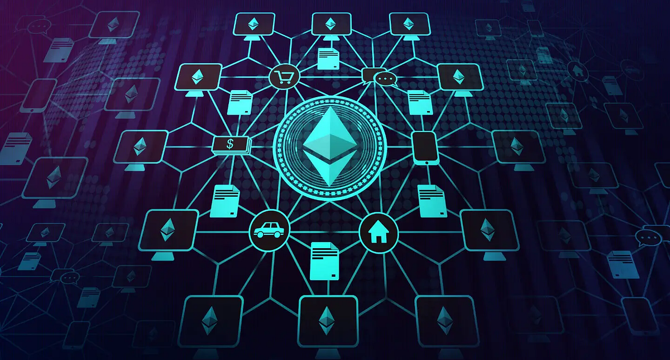Medium
2M
372

Image Credit: Medium
How Smart Contracts Are Powering the Next Wave of Decentralized Applications (dApps)
- Smart contracts and decentralized applications (dApps) are transforming the digital world by offering efficiency, security, and transparency.
- Smart contracts are self-executing agreements coded on blockchain networks, ensuring automated actions based on predefined conditions.
- Key features of smart contracts include automation, transparency, security, and efficiency by eliminating intermediaries.
- dApps are software programs running on blockchain networks, utilizing smart contracts for decentralized operation without a central authority.
- The synergy between smart contracts and dApps enables various services like financial transactions, gaming, and social media without centralized intermediaries.
- Business benefits of smart contracts and dApps include cost reduction, faster transactions, transparency, security, and global accessibility.
- Smart contracts power impactful dApp use cases such as DeFi, supply chain management, insurance, digital identity, NFTs, gaming, healthcare, and real estate.
- Smart contracts operate on a 'If this, then that' principle, offering immutability and automation for various processes.
- Challenges in smart contract development include code quality, scalability, regulatory compliance, and user experience considerations.
- Real-world examples like Uniswap, Aave, OpenSea, and Axie Infinity showcase smart contracts in action across DeFi, lending, NFTs, and gaming.
Read Full Article
22 Likes
For uninterrupted reading, download the app